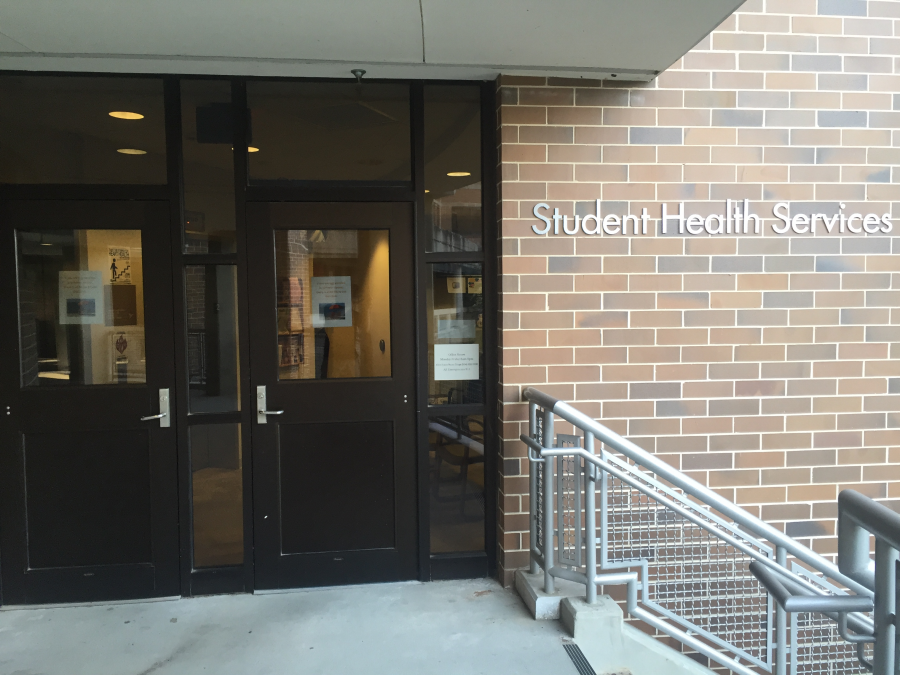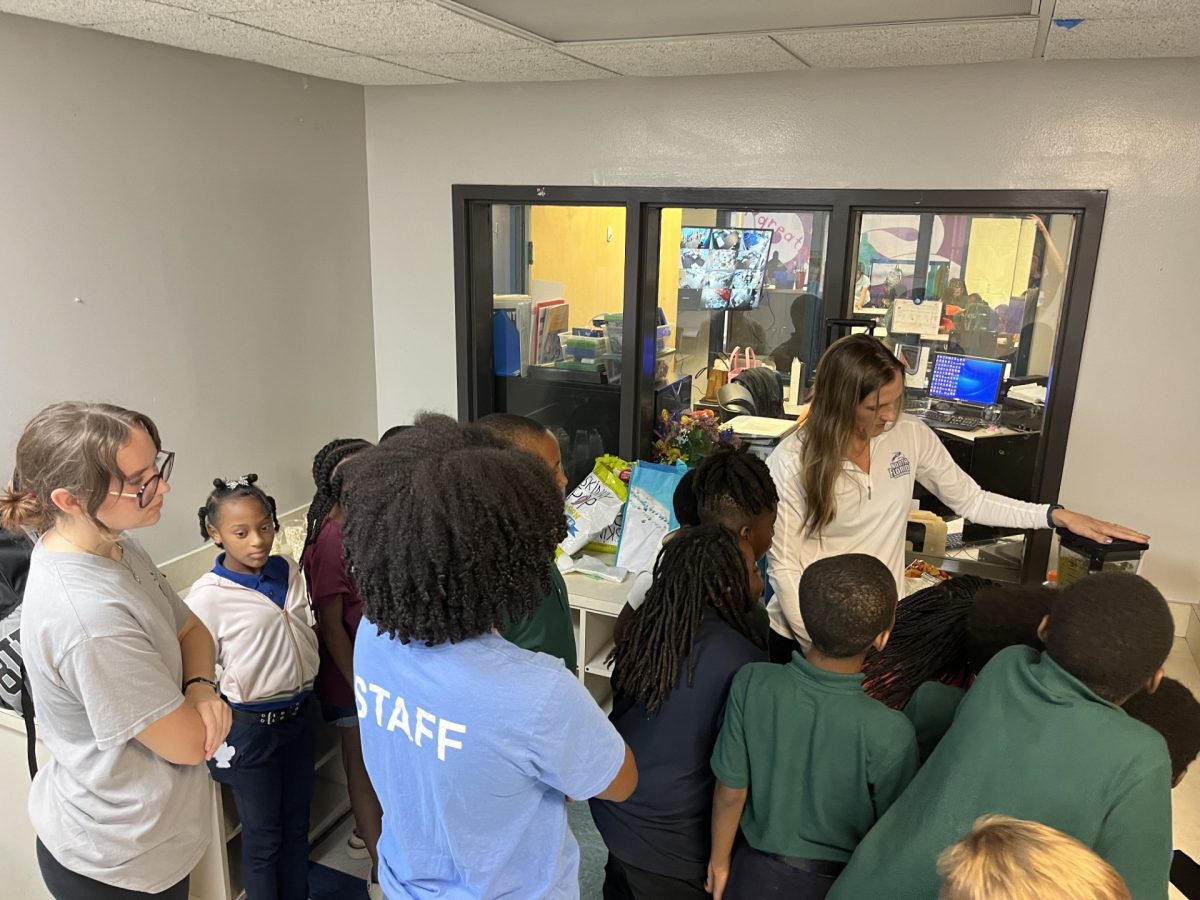Correction: A quote in a previous version of this article stated that students can get an insurance plan for a little over $2,000 a year. That plan is no longer available to students, and the plan now costs $3750 for the 2016-2017 academic year, or $313 a month.
A UNF alumni started experiencing anaphylactic shock but realized Student Health Services was nearby. The student rounded the corner to the center and collapsed just steps away from help. Student Health Services is only allowed to see active students, but that time the doctors made an exception, and that former student got to live because of it.
This is the story Doreen Perez, director of Student Health Services, told me when I asked her about the clinic and its purpose. Student Health Services serves as a doctor’s office for students, taking into account compact schedules, study abroad trips, tight budgets and nosy parents. But it’s also there for on-campus emergency situations.
“If anyone gets hurt or injured on campus, we will provide first aid care for them,” Perez said. “We are not allowed, right now, to see anyone but students because we’re FERPA. In the future we’d like to expand some health care, and once we do that then we can offer urgent care to the young ones and we can offer urgent care to the staff.”
Students needing to consult a doctor about a rash or who may need a diagnosis for that cough that won’t go away can get both without paying for an office visit. Students only have to pay for X-ray scans or tests they have done, and the center only charges students how much the service costs.
“Whatever it costs us to do the test is what we give to the students,” Perez said. “Maybe the doctor will want to do a complete blood count. Again, that’s very minimal. Out in the community it’s probably about $150. Here it’s about $12.”
In the event that a student cannot pay for treatment upfront, Perez said Student Health Services will work with that student so they can get the treatment they need.
“If the student doesn’t have any money when they walk in on the day they’ve been injured or have become ill, that’s okay,” Perez said. “We still see the students each and every time because we’ll set up a payment plan if we have to.”
Money aside, students don’t have to worry about the consequences of freedom in college. The center has to have parental consent to treat minors, but students older than 18 can relax knowing that their parents don’t have access to their medical records if they don’t want them to.
“So maybe on the day that you came here and enrolled, you know, you’re young and sometimes naïve and your parents go, ‘Oh sign this release that I have access,’” Perez said. “Well, that release is only good on the day they signed it for. It doesn’t apply for everything we do for the rest of the year.”
This sigh of relief doesn’t mean the clinic destroys documents after treatment. Employees keep these records so students can bring them along wherever life takes them.
“We keep your immunizations — now that we scan the information — for the rest of your life,” Perez said. “So if you ever get referred off campus, or you want to go to another school and you have to transfer, we’ll have that information for you.”
Being an adult requires complying with the Affordable Healthcare Act by purchasing health insurance. UNF offers students a policy they can actually afford through United Healthcare.
“[For $313 a month], a student can get a full insurance plan with low deductibles,” Perez said. “And if they use this center, come here for their health care services, it’s zero deductible and zero copay.”
The difficult process of purchasing an expensive insurance plan can feel like filing taxes for the first time, which is why Student Health Services employees have educated themselves on the subject. Students who have questions about buying insurance can walk into the center to discuss the matter with an employee, judgment free, because they know your health is more important than your money.
“And so when a student comes in and they need a little bit of education about buying insurance, we sit down and explain this to them,” Perez said. “College health is our community and we need to have health services available to students during the daytime hours.”
There is some difference of opinion over whether or not moving Student Health Services off campus is the best decision for students. Perez is on the review committee and cannot speak on the potential move, but reminded Spinnaker of the reason it was created.
Aside from student health care, Perez said one of the clinic’s goals is to help students stay healthy so they can be successful in their courses.
“Would you be able to find that off campus?”
Follow Spinnaker’s up-to-date coverage on the possible move of Student Health Services.
—
For more information or news tips, or if you see an error in this story or have any compliments or concerns, contact editor@unfspinnaker.com.












